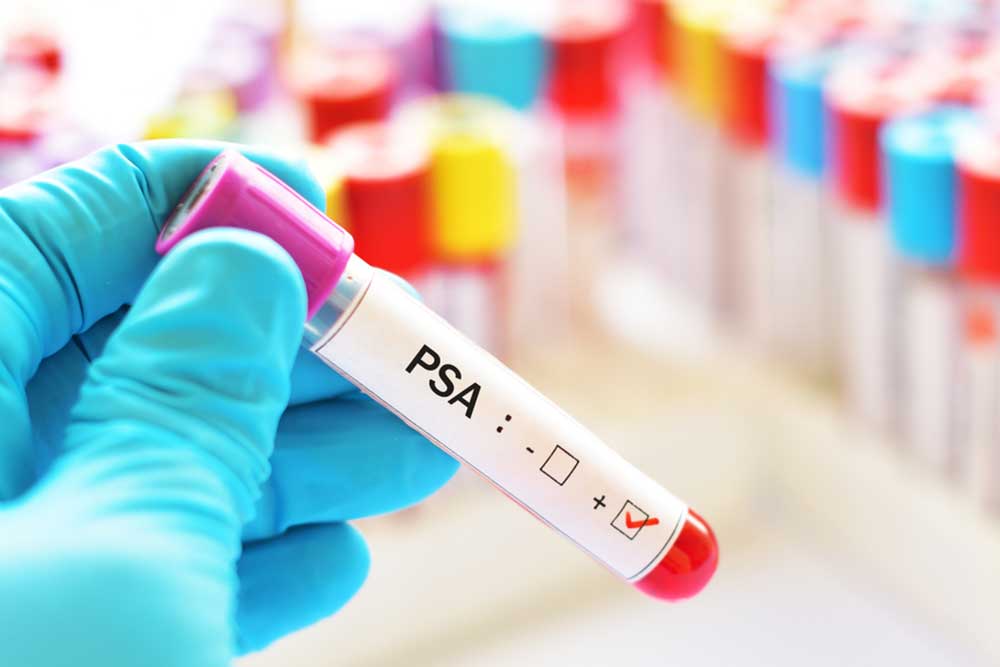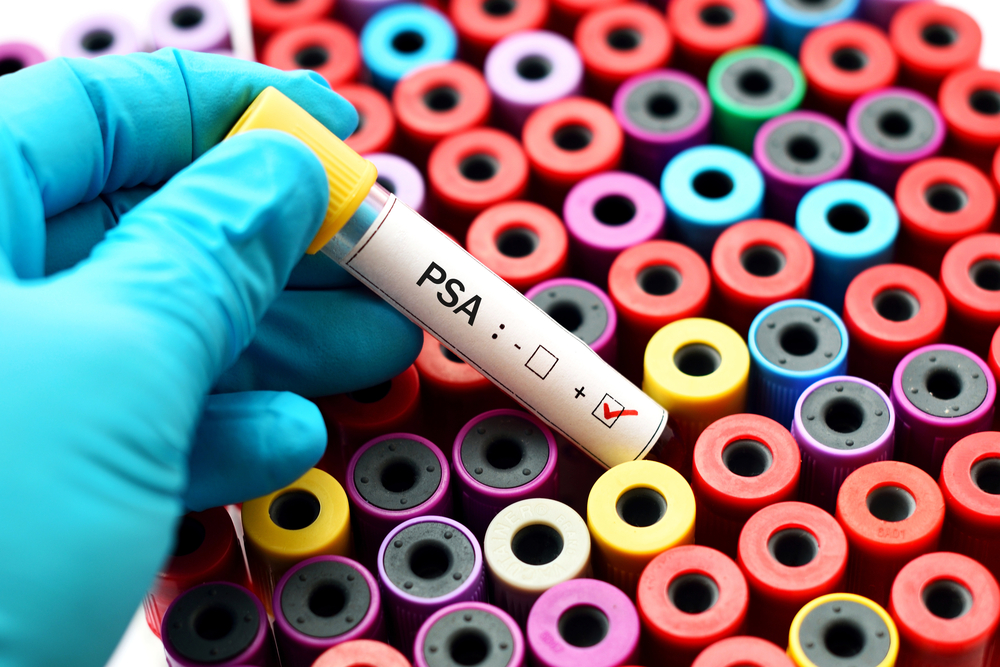Natural Approaches to Support Healthy PSA Levels
Discover natural strategies to support prostate health by maintaining healthy PSA levels. Learn about key foods and lifestyle tips that can aid early detection and reduce risks associated with prostate conditions. Incorporate nutritious diets and routine screenings for long-term wellness.
Holistic Methods to Maintain PSA Levels Naturally
Techniques to support optimal prostate health
The prostate gland, a small organ located between the bladder and rectum, produces fluids vital for sperm viability. As men age, the prostate often enlarges, but abnormal growth or hardening can pose health risks. Prostate cancer is the most prevalent cancer among males and a leading cause of death. Regular PSA testing helps monitor prostate health by measuring PSA levels in the blood, aiding early detection of issues.

Prostate-specific antigen (PSA) is a protein produced by prostate tissue, normally secreted with semen. Small amounts may enter the bloodstream, and elevated PSA levels can signal prostate concerns. The PSA blood test compares levels against standard ranges; values over 4.0 ng/mL often lead to further diagnostics. Factors like age, ethnicity, genetics, or infections can influence PSA readings. A high PSA does not definitively indicate cancer but suggests the need for additional tests like biopsies or rectal exams to assess prostate health.
PSA testing serves as an important indicator but is not conclusive. False positives or negatives can occur, which is why comprehensive evaluation is essential. Nevertheless, maintaining balanced PSA levels early on supports timely intervention. Diet and lifestyle choices significantly impact prostate well-being—certain foods may help lower PSA naturally. Including these in your daily routine, along with routine health checks, promotes prostate vitality.
Foods that may help reduce PSA include:
Fruits and Vegetables - High in antioxidants like lycopene and anti-inflammatory nutrients that benefit prostate health. Colorful produce is highly recommended.
Tomatoes - Rich in lycopene, especially when cooked, which may lower cancer risk.
Pomegranate - Contains phytonutrients that can slow cancer progression and inhibit tumor growth.
Cruciferous Vegetables - Such as broccoli, which can decrease PSA levels and support tumor defense through sulfur compounds.
Green Tea - Contains polyphenols acting as antioxidants that combat cancer cells and support PSA regulation.
Soy Products - Known for high protein content, potentially decreasing DHT and lowering prostate cancer risk.
Other beneficial foods include nuts, spinach, turmeric, and avocados. Limiting red meats, dairy, alcohol, and sugars can enhance prostate health. Early detection through screening and making healthy lifestyle adjustments are vital for managing prostate conditions effectively. A balanced diet and routine checkups are fundamental to sustain healthy PSA levels and overall wellness.
Emphasize healthy eating and consistent medical testing for lasting prostate health. Using age-based PSA charts can further improve monitoring and early diagnosis efforts.


